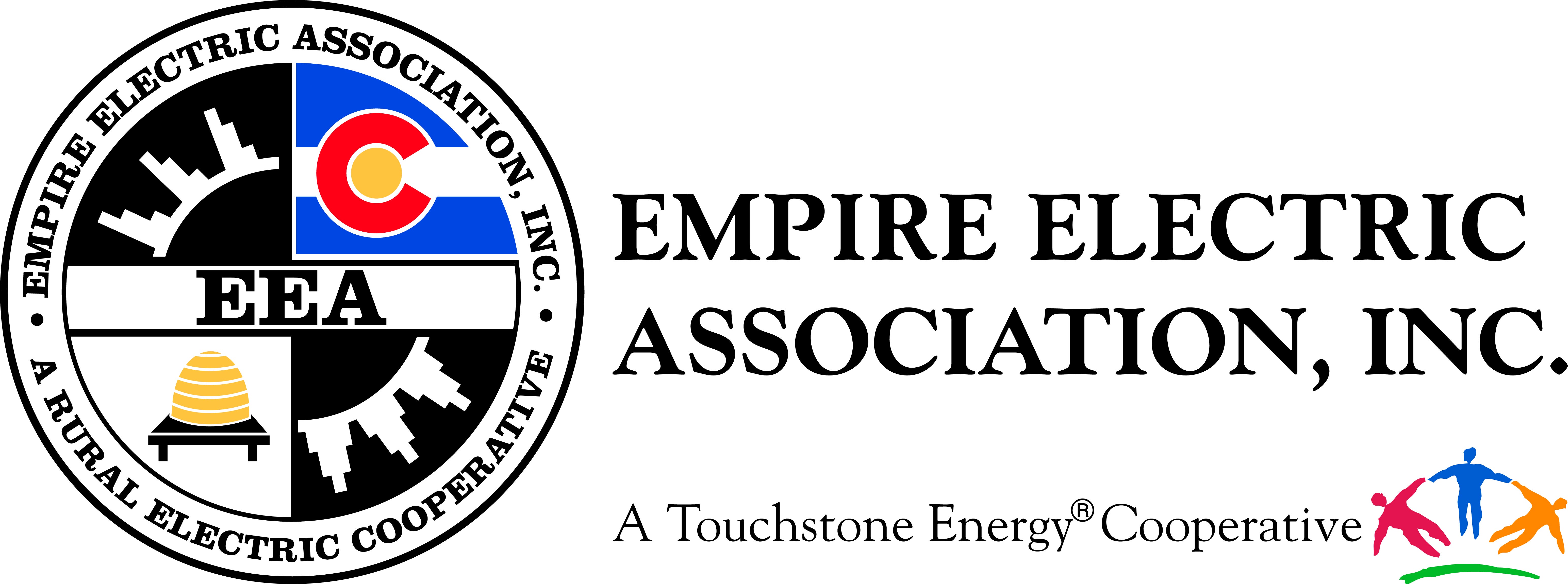How you operate your air conditioner can make a big difference in what it costs to cool your home. Here are some tips that can help keep your operating cost low without sacrificing comfort. These tips apply to all forms of central and window air conditioning.
LET IT RUN - During extremely hot, humid times of the year, it is usually more efficient to seal up the home and air condition around the clock. Research has shown that turning the AC up and down is more expensive. Maintaining a set temperature all day will be the most economical approach.
MINIMIZE AREA COOLED - Don't cool unoccupied rooms; however, with central system, it is best to not shut off too many registers because closed registers increase system pressure which could damage the compressor.
USE SHADES, DRAPES AND BLINDS - Keep windows shaded and curtains closed during times of the day when the sun would pour in through uncovered windows.
KEEP THE HOUSE SEALED - Keep the house sealed during the heat of the day.
REDUCE HEAT GENERATING ACTIVITIES - Keep the production of heat in the home to a minimum by grilling outdoors and using microwave ovens rather than heating an entire oven. Replace incandescent lamps with energy efficient alternatives that produce a fraction of the heat.
RAISE SETTINGS AND USE FANS - Keep thermostat settings at 78 degrees F. or higher. You can save three to five percent on AC costs for each degree the thermostat setting is raised. Moving air with ceiling fans can increase the comfort range.
SET AND USE CEILING FANS CORRECTLY - Be sure the fans blow downward in hot weather. A breeze is welcome when it is hot. If you are going out of the room for any length of time, turn the fan off. It is not cooling, just moving the air around to save energy. Refer to the following chart for properly sizing a ceiling fan:
Room Area (Square Feet) Minimum Fan Diameter (Inches)
100 36
150 42
225 48
475 52
400+ Two Fans
REDUCE HUMIDITY - Another way to improve comfort at warmer temperatures is by reducing humidity. Keep as much moisture out of the house as possible. Run a bathroom exhaust fan while showering, be sure your clothes dryer is vented to the outside and keep house plants outside during the summer.
REGULAR SERVICE - Air conditioners and heat pumps need regular maintenance to perform at top efficiency. On window units, the condenser should be cleaned by a professional every other year, or even yearly in dusty conditions. Central air conditioning units should be inspected and tuned by a professional once every two to three years. While servicing your units, have the refrigerant charge checked. A refrigerant charge 10 percent below normal can increase operating costs by 20 percent.
CLEAN OR REPLACE FILTERS - Dirty filters increase resistance to air flow making the air conditioner work harder. On window units, clean monthly. For central systems, every 90 days is the typical recommended interval although local conditions may require more frequent changes, especially in dusty environments or in homes with pets.
SHADE - To achieve its greatest efficiency, the outside components of a central air conditioner should be in a cool, shaded place that allows good ventilation. The best place is usually on the north side of the house under a canopy of trees or tall shrubs. Keep surrounding vegetation about three (3) feet away from the unit to provide proper air flow.
Heat pump compressors should be located on the south side of the home, especially in colder climates, so they can take advantage of winter solar heat gain. In the summer, it should be shaded with a sunscreen or tall deciduous vegetation.
TURN IT OFF - At the end of the cooling season, turn your air conditioner off. Left on, the heating elements in the unit could consume energy all winter long. Turn the power back on a day or so before starting up the unit to prevent damage to the compressor.
